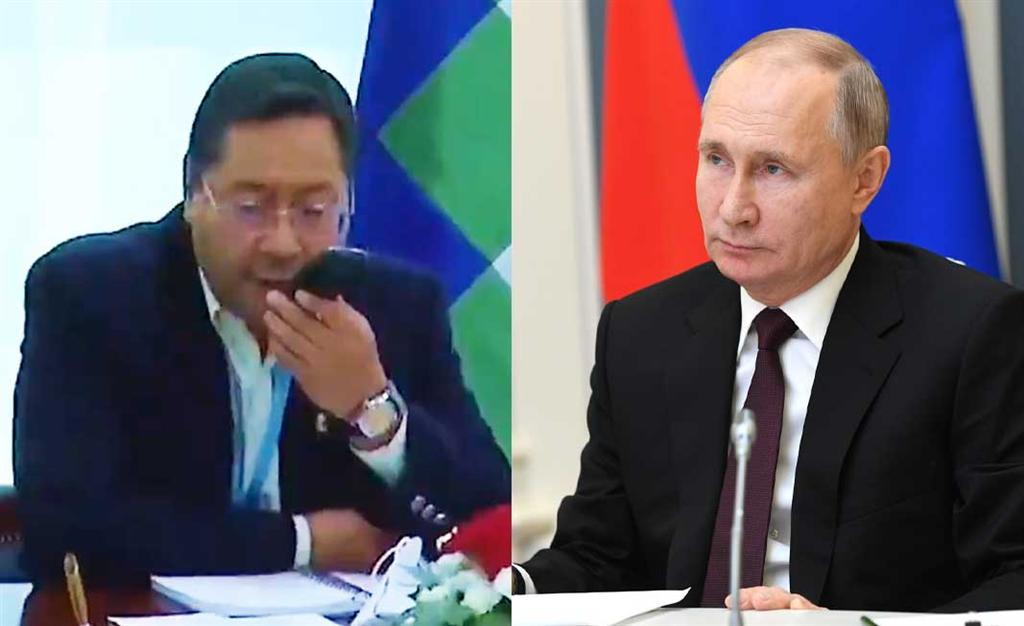Sources from the Bolivian Foreign Ministry stated that the leaders discussed collaboration in nuclear technology, contracts related to lithium, climate issues and educational cooperation.
On July 12th, 2023, during the 15th Summit in Johannesburg, South Africa, Arce officially expressed in a message to the leaders of the quintet of founding nations Bolivia’s willingness to be part of the bloc, and advocated for “complementarity, solidarity, inclusion, consensus, mutually beneficial cooperation, respect for the sovereignty and self-determination of peoples.” He also called for the predominance of “horizontal multilateralism, seeking that the presence and interests of emerging economies play a decisive role on international stages.”
In his speech, the president pointed out that the expansion of this group of countries will allow nations to access international markets without the need to compromise their dignity, without political conditions, sanctions or militaristic intimidation. “We firmly believe that the incorporation of Bolivia into the BRICS would be mutually beneficial, due to the concurrence in strategic areas such as energy, natural resources, agriculture, food production for export, science and technology,” he said.
Arce added that this step will provide new approaches to cooperation, financing and strategic investments in critical infrastructure for integration, given Bolivia’s privileged geographical position and its status as the world’s leading lithium reserve.
The meeting of the bloc began last Tuesday, addressing an agenda that includes issues of politics and security, economy and finance, and cultural and humanitarian contacts.
On Wednesday, it was announced that 13 countries were accepted as members of the group as partners (not full members): Algeria, Belarus, Bolivia, Cuba, Indonesia, Kazakhstan, Malaysia, Nigeria, Thailand, Turkey, Uganda, Uzbekistan and Vietnam.
jrr/llp/jf/jpm










